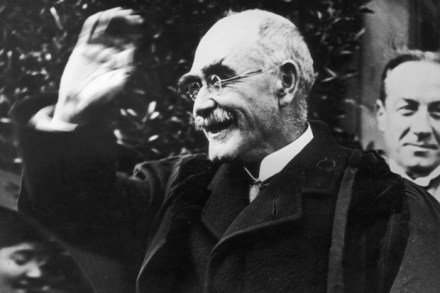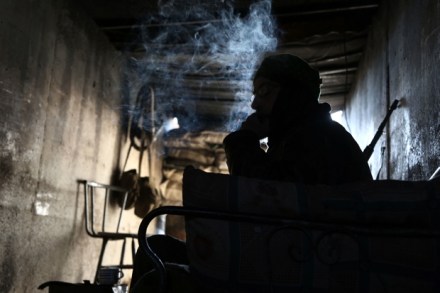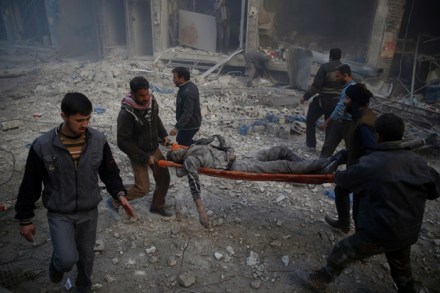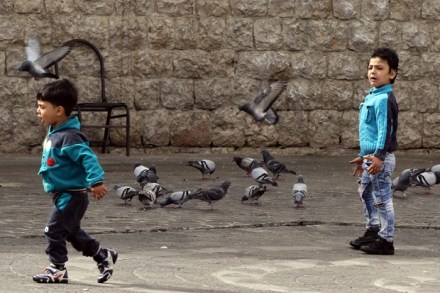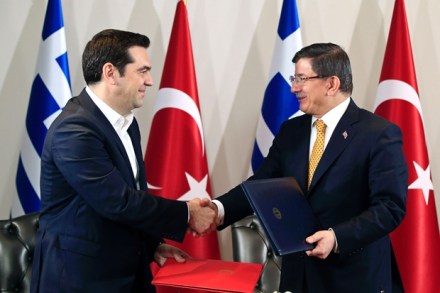Courageous Kemp
Before I set about reviewing Ross Kemp: The Fight Against Isis (Sky 1), I thought I’d have a glance to see whether other critics had been as impressed as I was. Clearly the flip groovester from the Guardian — who opened, inevitably, with a jaunty quip about Grant from EastEnders — had seen a very different documentary from the one I saw. Otherwise, he could not have failed to be moved by Kemp’s heartbreaking interview with the Yazidi woman from Sinjar who’d recently escaped from Isis. Her 10-year-old daughter squatted beside her — only survivor of the five children she had had when Isis captured her town. The eldest (11)




